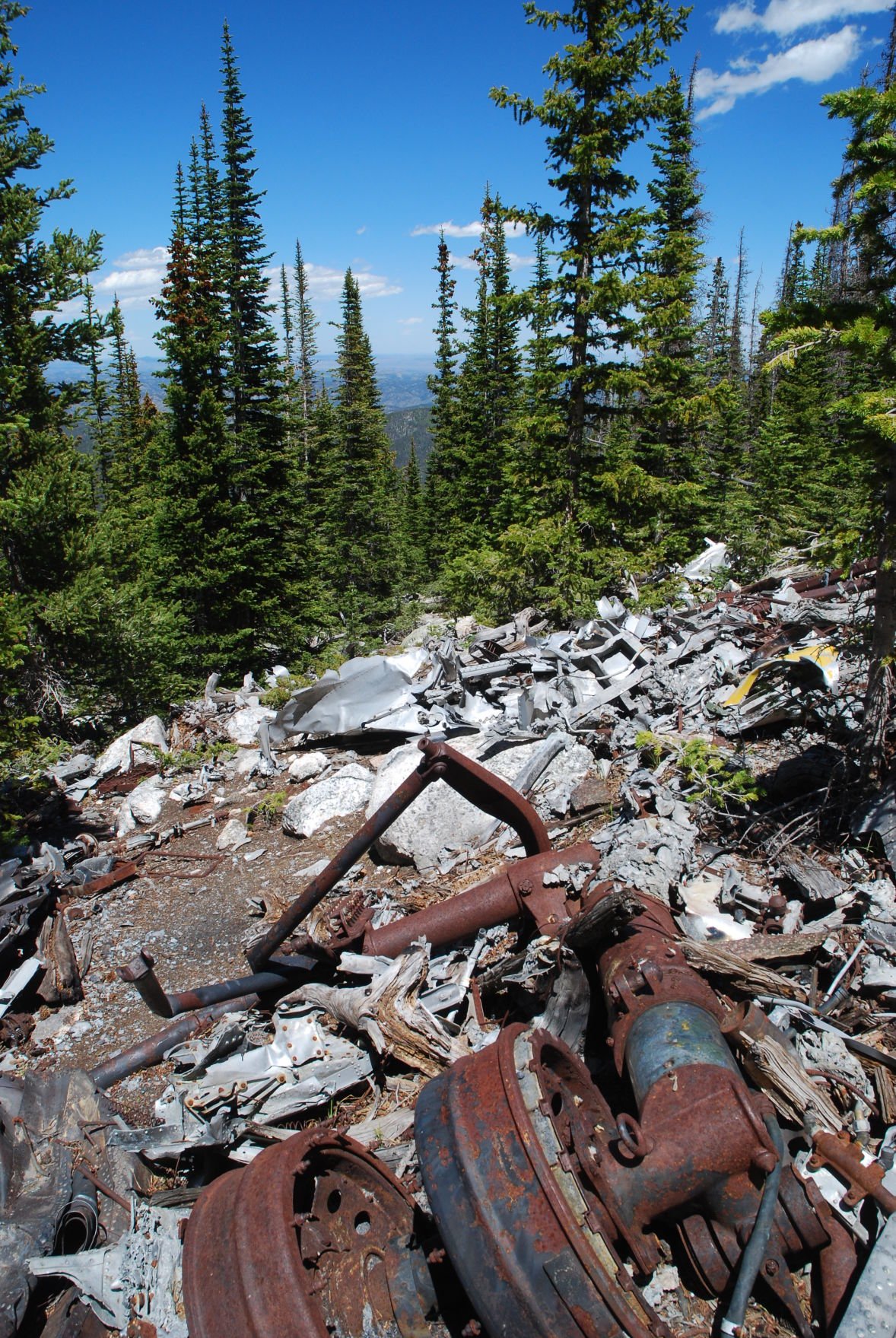
Political commissars worked directly alongside senior officers and reported straight back to the Kremlin. Until the summer of 1942 Stalin and the Party closely controlled the Red Army. The pre-war experience of economic planning and mobilisation helped the regime to run a war economy on an emergency basis, while the vast exodus of workers (an estimated 16 million) and factories (more than 2,500 major plants) from in front of the advancing Germans allowed the USSR to reconstruct its armaments economy in central and eastern Russia with great rapidity. First, Soviet industry and workforce proved remarkable adaptable for a command economy long regarded as inherently inefficient and inflexible. Two other changes proved vital to allow the army to profit from the reform of operational practice. Yet within a year Soviet factories were out-producing their richly-endowed German counterparts - the Red Army had embarked on a thorough transformation of the technical and organisational base of Soviet forces, and a stiffening of morale, from Stalin downwards, produced the first serious reverse for the German armed forces when Operation Uranus in November 1942 led to the encirclement of Stalingrad and the loss of the German Sixth Army. More than five million Soviet soldiers were captured or killed in six months they fought with astonishing bravery, but at every level of combat were out-classed by troops that were better armed, better trained and better led. The evidence of how poorly the Red Army fought in 1941 confirmed these expectations.

The German attackers believed that Soviet Communism was a corrupt and primitive system that would collapse, in Goebbels' words 'like a pack of cards'. Soviet resistance was in some ways the most surprising outcome. This was a war, Ribbentrop ruefully concluded, that 'Germany could have won'. The Soviet system was all but shattered in 1941, two-thirds of its heavy industrial capacity captured and its vast air and tank armies destroyed. The American economy was a peacetime economy, apparently unprepared for the colossal demands of total war. This outcome could not be taken for granted.īritish forces were close to defeat everywhere in 1942. The Allies had to mobilise and utilise their large resources effectively on the battlefield and in the air. This outcome was not pre-ordained, as is so often suggested, once the British Empire was joined by the USSR and the USA in 1941.

The key to ending the world crisis was the defeat of Hitler's Germany. Their defeat, costly though it was, became irresistible. Italy and Japan never posed the same kind of threat as the European superpower they fought alongside. For the Allies in World War Two, the defeat of Germany was their priority. For all his many failings Ribbentrop was closer to the truth than he might have realised.


 0 kommentar(er)
0 kommentar(er)
